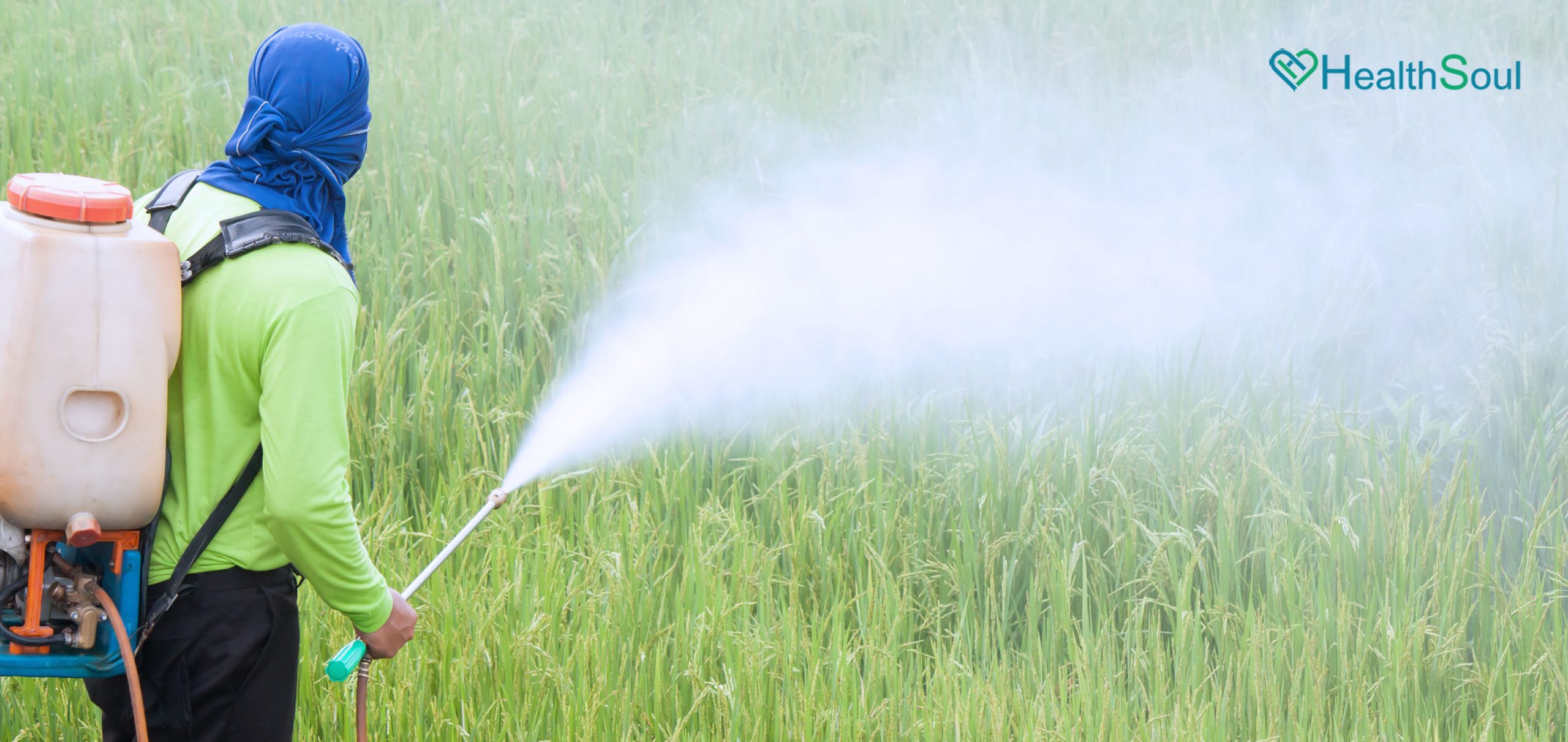
When we think of farming pesticides, we usually think of the environmental risks involved. Furthermore, the matter of agricultural impact is highlighted in cases such as the recent Syngenta lawsuit. There is, however, an additional component for concern, one that is frequently highlighted by those focusing on the health risks posed by numerous pesticides.
Thanks to the efforts of various bodies campaigning against pesticides, many dangerous pesticides are, fortunately, becoming a thing of the past. As a result, there is a slue of potential alternatives surfacing, with most offering far fewer health and environmental risks. The new formulas are effective yet pose far less chance of adverse side effects. No doubt, organic produce is always the best option, considering it has been farmed with organic methods. Here we examine some of the potential health risks associated with traditional chemical pesticides.
We can separate the health risks of pesticide exposure into two categories. The first would be the immediate and symptomatic effects of exposure. These are symptoms that manifest shortly after exposure and are most rapid in severity. An affected respiratory tract is possibly the most common side effect of direct exposure to harmful pesticides. Symptoms include irritation and coughing. In addition, a sore and ‘raw’ sensation is often reported.
The following most common symptom is an allergic reaction or sensitization. This is your body’s response to the invasive toxins present in food exposed to pesticides. The type of reaction can vary greatly, but if you experience a spontaneous allergic reaction, it may well be due to pesticide exposure. People who have experienced exposure to pesticides have also reported skin irritations. The symptoms may present similarly to an allergic reaction but will not necessarily include inflammation or a histamine response. Therefore, there need not be any swelling in conjunction with the sensation.
More severe side effects include nausea, vomiting, and diarrhea. If you have ingested food contaminated with pesticides and experience any of these symptoms, it is paramount that you seek medical attention immediately. The worst-case symptoms are extreme fatigue or impairment of motor function and seizures. These symptoms correlate with exposure to potentially lethal amounts of toxic pesticides.
While the immediate symptoms we have discussed are often severe and easily identified, things get a little more complicated when dealing with long-term exposure. The problem is that exposure in small amounts over an extended period presents an equal, if not a more significant, threat to your health.
Many chemicals used as common pesticides can build up in tissue and fat in the human body. Small quantities may be relatively benign, but as the concentration grows, startling health issues may arise. These include the potential development of Parkinson’s disease, cancer, and asthma. In addition, neurologic disorders have been linked to pesticide exposure, alongside such conditions as depression, anxiety, and ADHD.
Pesticides play a role in agriculture. This is a bitter truth. Pests are capable of destroying entire crops and effectively causing large-scale food shortages. Therefore, we cannot deny the importance of protecting a resource as valuable as agricultural produce.
Of course, it is all for nothing if we have food that presents health risks so severe as to prove fatal. The answer, it has been argued, may lie in finding the most amenable middle ground. This would mean accepting that there are risks involved in using toxic chemical pesticides.
![]()